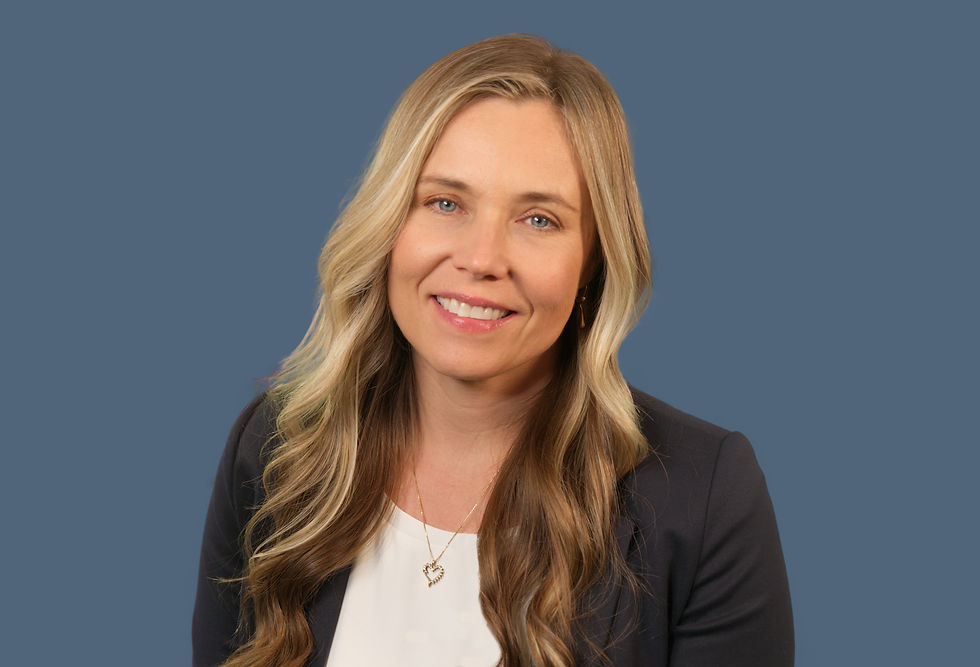INSIGHT AND STRATEGY HEADING INTO THE ‘NEXT NORMAL’
- Dave Veale

- May 28, 2020
- 3 min read
Updated: Sep 23, 2021

Sean Ryan named his company Whitewater International Consulting, Inc. because he liked the image it creates of helping organizations, businesses and entrepreneurs navigate turbulent change in the marketplace.
But as Sean knows, the coronavirus pandemic has turned the rapids into tsunamis and plunged world economies over the edge of the falls into what he calls “the next normal.”
“It will be interesting to see when things begin to gravitate towards what I call the next normal,” Sean told Greg Hemmings and I on The Boiling Point podcast recently.
“I don’t like the term ‘new normal.’ We have all, regardless of how old we are, been through various sorts of cataclysmic events. Whether it was the financial crisis of 2008, the Internet crash of 2000, or 9/11 in 2001, we have all been through things that have shaped some kind of future. We invariably say what will the new normal be?
We now have been through so many of these cycles over our lifetimes it’s not the new normal, it’s the next normal. The world is constantly shifting around us.”
Massive upheaval
COVID-19 has put jet power behind the move to go virtual, he notes, and that has brought advantages. For instance, as a consultant to top brands like Disney and IBM, he finds web conferencing often better, less time-consuming and more cost-effective than the traditional approach of travelling across the continent to deliver sessions.
Among other advantages, he said he is able to employ experts to join virtual conferences through online video platforms without having to fly them to a locale.
“You can’t plan for the future but you can prepare for it.”
“It’s at least as good as what we would have done in a classroom and, in a lot of cases, it’s better.”
Sean says organizations need to examine how prepared they are to deal with massive upheaval like the pandemic and how they can better prepare for an uncertain future. Organizations faring well during the COVID crisis have their balance sheets in good order with customers, clients and their team members.
“They were best prepared to exit and come out of the other side in good shape,” he says. “The ones that didn’t have good balance sheets with customers and team members, they will potentially struggle on the other side.”
The Seven Gears….
The pandemic unexpectedly provided Sean with the time he needed to finish a business book defining his thoughts on strategy and results in organizations. Entitled Get in Gear: The Seven Gears that Translate Strategy to Results (published by Productivity Press), the book is scheduled for release Aug. 20.
Sean told me after the podcast that the fundamental premise of the book is that most organizations are horrible at achieving the results they expect from their strategies. He has identified seven factors which, if managed effectively, will provide better results.
The first gears are about establishing a successful organizational environment.
He said this involves three key factors: the right people in the right roles; aligning the architecture to ensure the organization’s systems, structures, processes and culture are all pulling in the same direction, and creating a culture of effective communication.
“Organizations with great cultures of communication are so rare, I call them unicorns,” he says.
Sean’s framework of Performance Gears includes result-oriented goals, visible scorecards, identification of critical performance drivers and establishment of follow-up processes that generate accountability.
Amplifying need
Organizations can drive forward toward their vision and strategy by constantly working to align the gears.
Sean wouldn’t change anything about the book, although it was mostly written prior to the pandemic. He said the COVID crisis amplifies the need for organizations to have winning strategies, and consistently drive execution to results, so they can sustain themselves through upheaval.
“Strategy is about skating to where the puck is going to be,” he says, leveraging a phrase made famous by the legendary hockey player Wayne Gretzky.
“You can’t plan for the future but you can prepare for it. You have to be nimble and adaptable so when COVID happens, or a new competitor moves in, or new technology comes along, you understand how you distinguish yourself in the marketplace and you are better prepared to adapt.”
For more insights from Sean, check out the episode in full audio and video here.



Comments